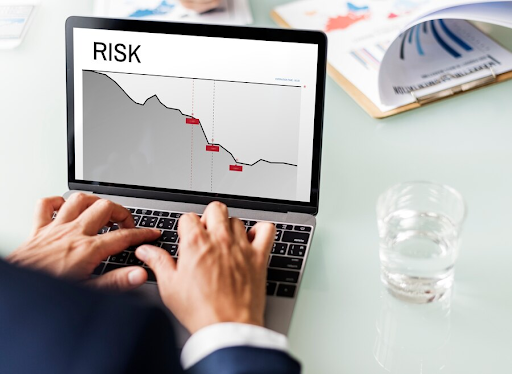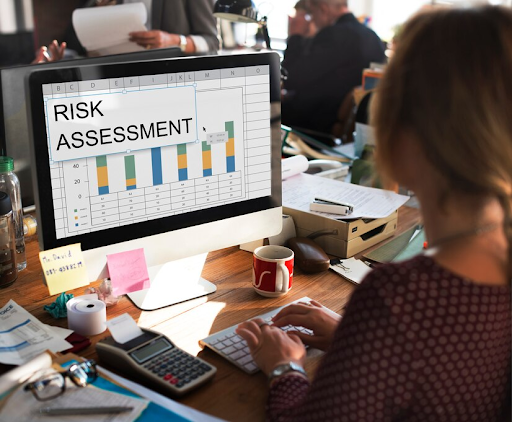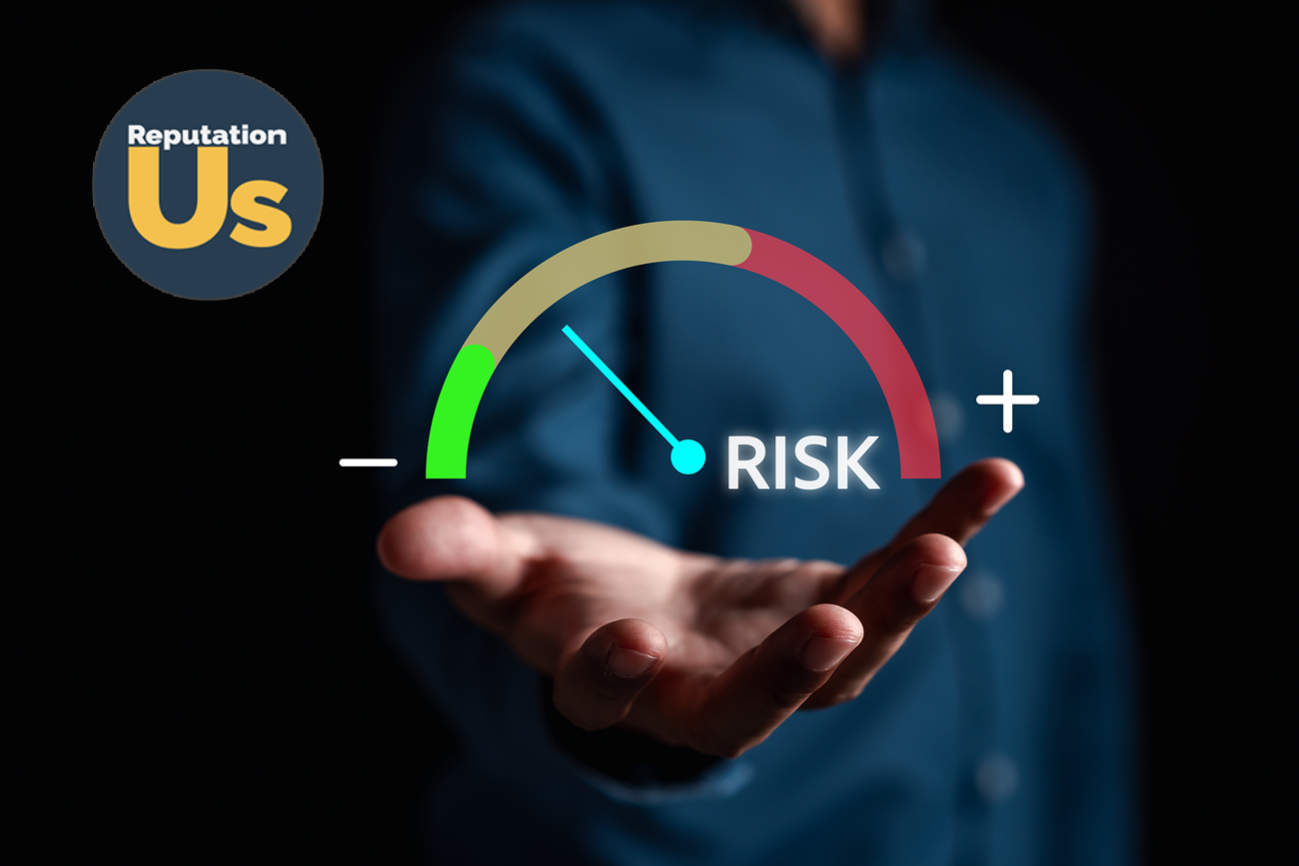What is Enterprise Risk Management for Reputation?
Enterprise Risk Management (ERM) for reputation is a structured framework that allows organizations to identify, analyze, and respond to their possible risks. It incorporates a systemic way of managing uncertainties that can affect the accomplishment of business objectives. Therefore, businesses use ERM to make themselves resilient and agile to the forces that are constantly changing in the global marketplace.
Have you ever thought of how prone your business is to risk and how efficient it is to respond to a crisis? That is what marks your reputation as a brand. At ReputationUs, test your crisis plan by simulating your own crisis beforehand and test your company’s response to realistic crisis scenarios and simulated crisis sequences.
Common Risk Scenarios To Encounter – Cybersecurity
Regulatory compliance refers to the complex navigation of laws for the avoidance of legal penalties and financial liability. Cybersecurity threats pose risks to sensitive information and brand or individual reputational damage.
Operational disruptions like supply chain breakdown or workforce challenges will majorly affect productivity and revenues. Our RepUs cybersecurity support services for reputation management for companies.
Importance of ERM
Properly conducted enterprise risk management can strengthen an organization’s reputation through advance knowledge of risks they may contend with, prior to their evolution into crises. These procedures will facilitate decision-making through risk-informed strategies for business purposes. Crisis management systematically aligns risk management with the business objectives to ensure sustainable growth and long-term prosperity.

Why Enterprise Risk Management Matters
Enterprise risk management is central to securing financial health and averting unforeseen losses. Such as in case of cyber security risks. Compliance efforts, coupled with sanctions, may plague an organization where such risks are ignored or mismanaged. Maintaining stakeholder trust through a reputational risk management program defends credibility. Structure risk mitigation offered by reputation repair services improves business practice and renders operational efficiency.
Risk can at times be a good thing. A business should, however, have the know-how of utilizing risk into an opportunity for innovation and superiority over competition. Rather than treating uncertainty as a downside, enterprise risk management must be viewed by all as an impetus for sustainable growth and success in the long, lasting future.
How To Manage Enterprise Risks
Risk management without a structured plan can be quite a task. Going forward, organizations ought to proactively seek ways to recognize and defeat risks that might interfere with efficient operations and corporate reputation management. A cohesive plan ensures that businesses can anticipate oncoming dangers and remain nimble, especially when the environment remains unpredictable.
Securing A Comprehensive Risk Assessment
The foundation of enterprise risk management lies in the risk assessment, wherein organizations evaluate potential threats and the cost of reputational damage. A detailed analysis will identify those vulnerabilities and allow planning for damage mitigation before it develops into a crisis. More like a reputation report card or brand reputation analysis.
Preventing these damages will enable a company to reduce the financial losses and damage to its reputation. A good risk assessment can be helpful in knowing the performance measurement of the organization along with the areas that need improvement. Risk assessment allows these organizations to adapt and respond with ease to the ever-changing risk environments.
Reaching For Tailor-Made Risk Mitigation Strategies
Since every business is faced with a different set of threats, uniform risk management is no longer practical. That would mean catering to specific compliance needs, readying people for crises, and addressing industry-specific threats that come along with peculiar operational challenges. Reputation analysis can be one of the functional reputation management techniques. Without a clear plan in place, organizations will find it hard to navigate a state of uncertainty.
To minimize the cost of disruptions and allow uninterrupted operations, businesses need to have detailed mitigation strategies laid out. The advantages of good business reputation extend to managing crises. By opting for a crisis plan, organizations can weather crises effectively while securing financial and brand reputation. Such proactive measures will empower businesses to stay afloat amidst an unpredictable market.
Conclusion
Enterprise risk management is an important tool in responding effectively to uncertainties by ensuring business stability. Risk management continuously catapults them back on the margin of reaction to emerging threats and market changes. However, the process of risk management entailing crisis communication exercises can minimise threats like cyber reputational damage. With enterprise risk management being adopted in a structured manner, resilience, reputation and longevity can be enhanced.

Frequently Asked Questions (FAQs)
An ERM assessment includes identifying potential risks, evaluating their effects, and recommending ways to reduce their risk. Each assessment is uniquely designed based on the company’s specific needs and industry requirements aimed to secure their reputation online.
Yes, our ERM mechanism involves regulatory compliance measures that help an organization remain in the legal sphere. This has helped shut down the business from upcoming fines and penalties associated with violations of the law and the additional damage to reputation that might have been caused.
Risk assessments are supposed to be conducted at least once a year for proper risk management. Whenever there’s a major business change or when new threats emerge, it would be proper to conduct a new review. This not only indicates a smooth functioning of the team, but also how serious the business is about its reputation.
We customize risk management solutions according to industry-specific challenges, standards of regulatory compliance, and business goals. Our tailored approach guarantees effective risk prevention strategies for each sector and maintains individual or brand reputation.








